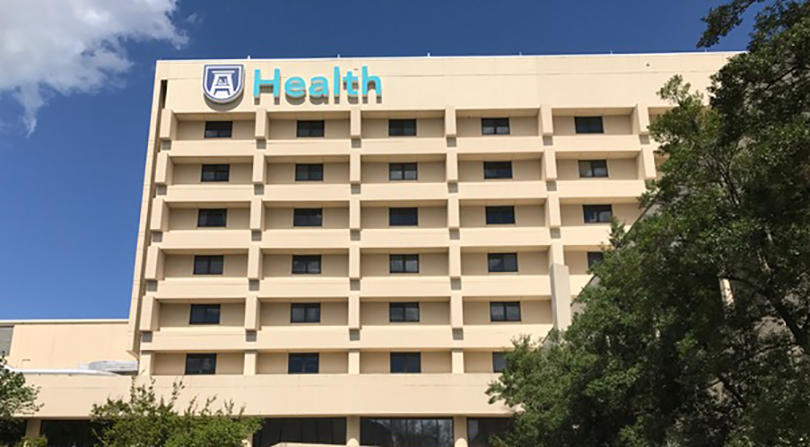Section Branding
Header Content
Augusta University President: 'Stay Calm, Wash Your Hands'
Primary Content
The state's only public academic medical center is prepared for coronavirus.
That's what Augusta University President Brooks Keel said in a town hall Tuesday afternoon.
"We're going to continue to be overprepared so we don't have to overreact," Keel said.
The public forum addressed the university's response to the ongoing outbreak and give employees, students and community members a chance to ask questions about plans in place to continue operations under any circumstance.
"We don't need to look for experts," Keel said. "They're right here among us."
Even though there are no confirmed cases of coronavirus in Augusta, university officials said they have been in hourly contact with the Centers for Disease Control and Prevention.
Of those who contract coronavirus, 80% will have mild symptoms resembling a cold or low fever, Division Chief Dr. Jose Vasquez said. But even those with mild symptoms should stay home to prevent infecting others.
The good news is that studies so far show the virus is less likely to attack people under age 19, Vasquez said. While he estimated that vaccines are still six months away, he's counting on something called summer burnout.
"Most respiratory viruses disappear in late spring, early summer, as the weather gets warmer," he said.
AU Chief Medical Officer Phillip Coule used the town hall as an opportunity to clear up some misinformation around the virus.
"All these numbers look scary. One might think, like in Game in Thrones, 'winter is coming.' That really is not the case," Coule said. "When you put these numbers in comparison, this pales in comparison to the flu. In the U.S., there are 9.5 million estimated cases of the flu."
Coule said those who are worried about COVID-19 should look at the outbreak as though it was a really bad flu season.
"If you think of this like the flu, it’ll be about 3 to 6 months," Coule said. "It may tax the system, but we’re prepared for it to tax the system."

